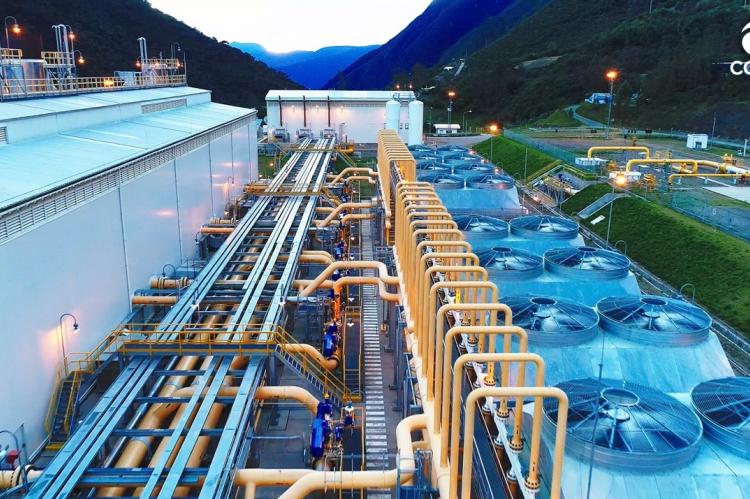Best Practices for Cybersecurity Diagnosis in Industrial Environments

In recent years attacks against information infrastructures have become ever more frequent and complex, while at the same time perpetrators have become more professional.
Every day the mass media around the world releases news related to cyber activities, which report the attempts of one country trying to get advantage over another country using cyber tools. Stuxnet is an example of this type of activities. This is a cyber weapon designed for a very particular objective. It can alter physical processes by taking advantage of the logical vulnerabilities information systems have. The Stuxnet attack was a turning point for Governments who witnessed for the first time how physical infrastructures can be altered from the cyber space. This fact forced them to take measures to improve the resilience of their infrastructures.
Most Governments have decided to protect their Critical Infrastructures since they are an essential element of their National Security Strategies. Even industries that for many years had not paid any attention to the cyber security principles, have been forced to consider them in their operations security strategies. In fact, it is increasingly common to find cybersecurity requirements as part of customer demands or in national laws.
Before designing an effective cybersecurity strategy, we have to fully understand the entire technological industrial architecture of our company. We cannot protect what we cannot see o what we do not know. It is useless to implement cybersecurity controls in one part of the infrastructure if we do not protect the other part due to ignorance or negligence. Sooner or later the attackers will discover the unprotected part and at that moment all the efforts invested in the protection of the other part will be in vain.
The main objectives of the industrial cybersecurity diagnosis are to assess the cybersecurity of industrial plants identifying the vulnerabilities and risks they are facing. It proposes as well actions to overcome such risks. To achieve such objective, it must be taken into consideration the specific requirements for this type of environments assuring the operation of the productive process.
